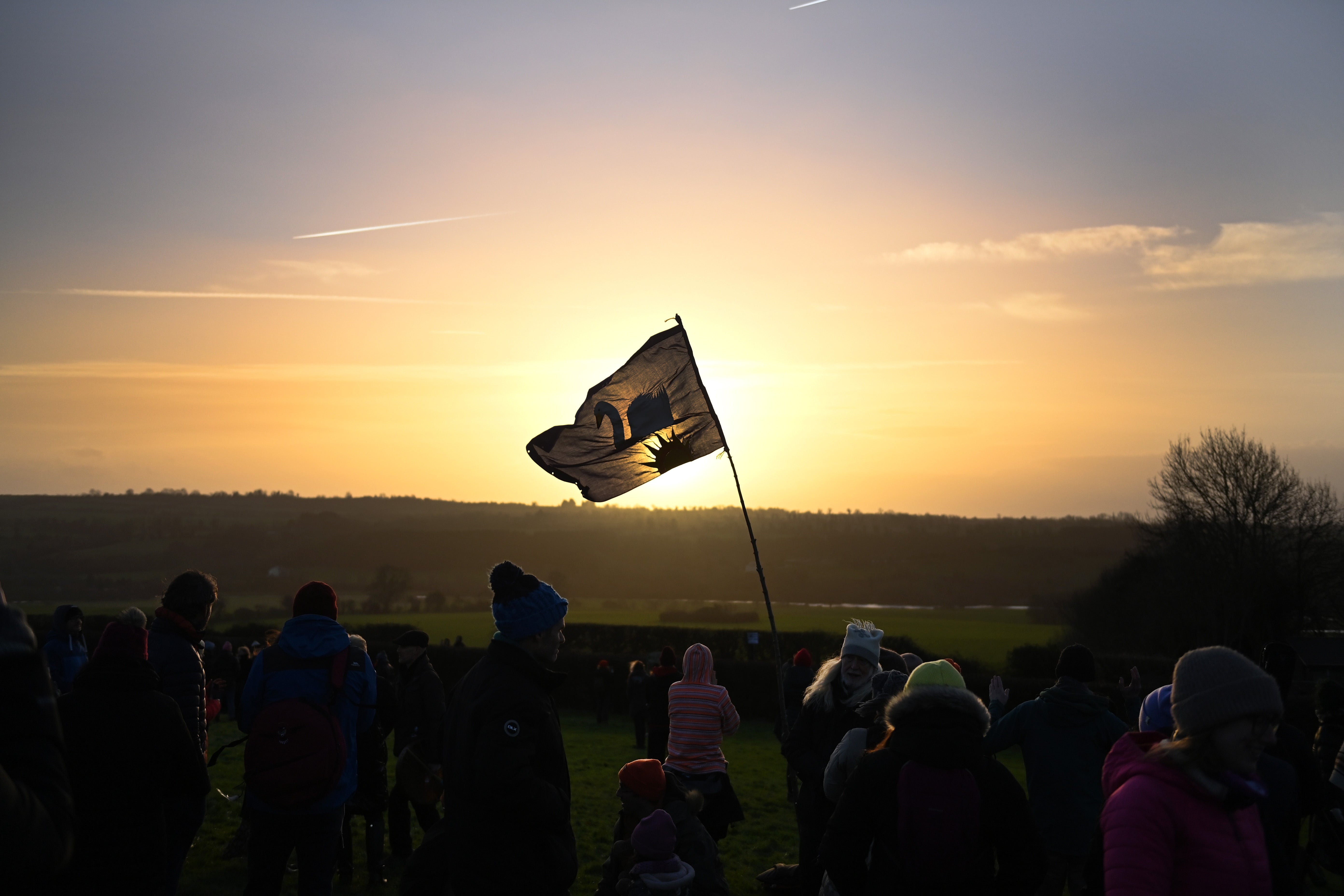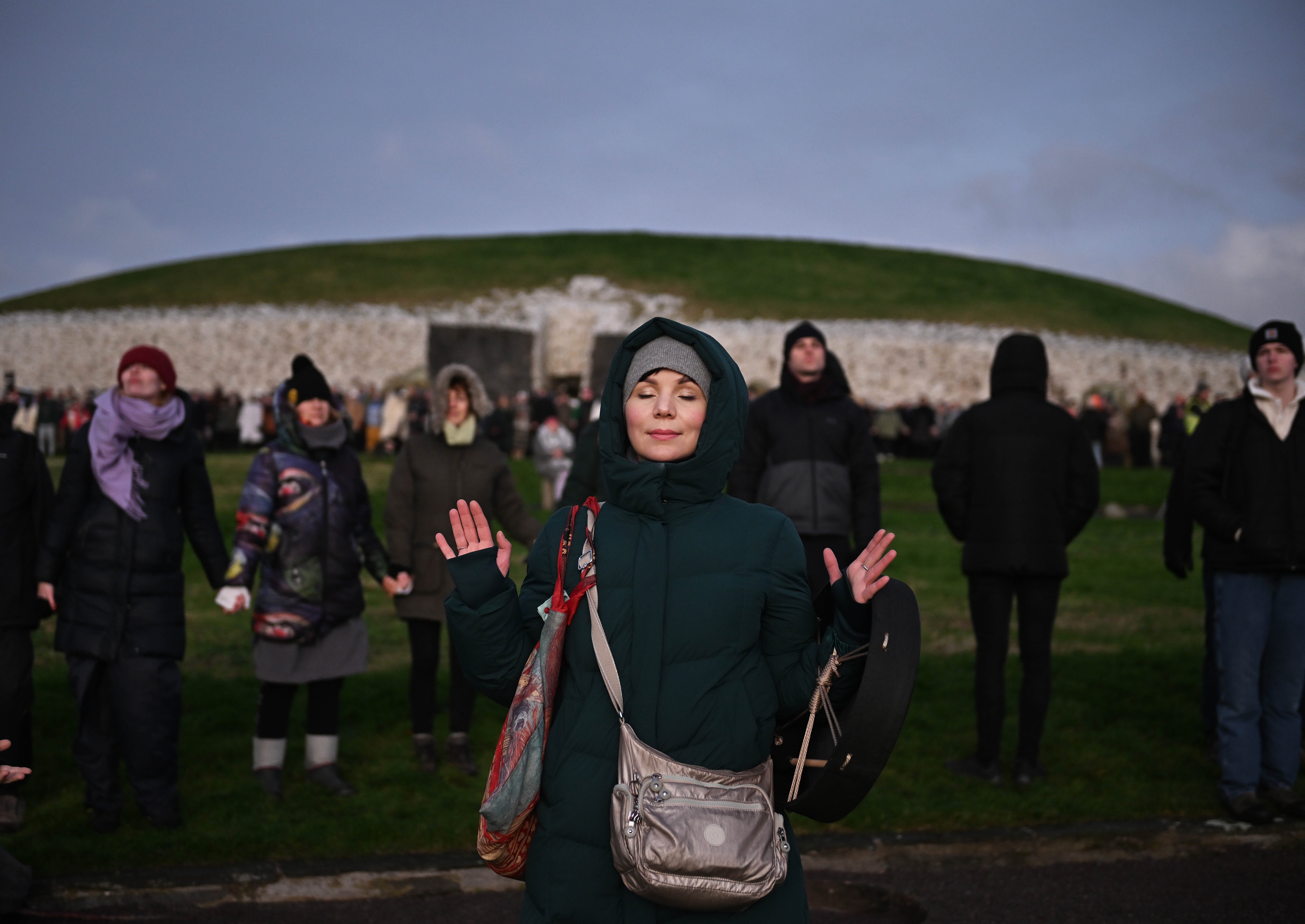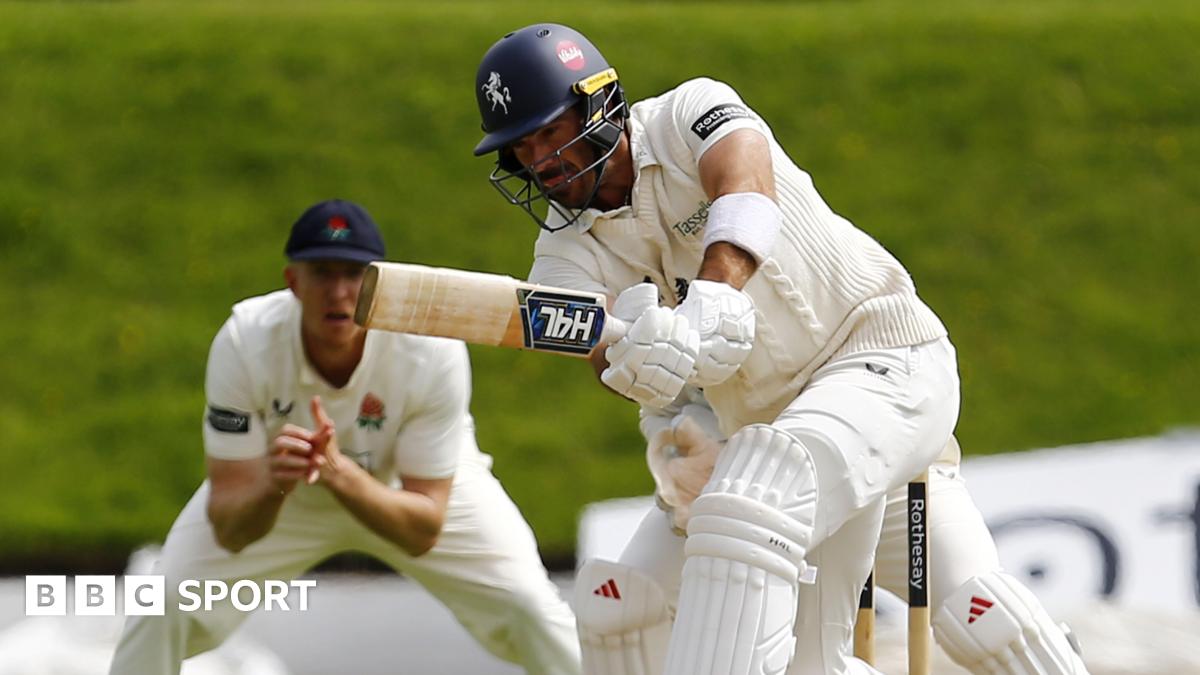Stone Age Ireland was likely not ruled over by incestuous “god-kings” 5500 years ago, as previously thought, a team of archaeologists has found.
A skull fragment unearthed in the tomb chamber of the Stone Age Newgrange monument was previously claimed to have come from a man who was the product of either a brother-sister or parent-child pairing.
Coupled with the identification of remains from relatives of this man in other nearby tombs, researchers earlier theorised that incestuous elites ruled Neolithic Ireland.
These elites were compared with royal dynasties or “god-kings” who practised incest in other parts of the world, such as the pharaohs of ancient Egypt and leaders of the Inca Empire.
Now, a new study published in the journal Antiquity casts doubt on this earlier belief that the kings and other dignitaries unearthed here represented a dynasty that practised incest.
Archaeologists from University College Dublin point out that no other incestuous unions have been identified in Neolithic Ireland and Britain, with a lack of evidence for inbreeding across prehistoric Europe.

The Newgrange monument is older than Stonehenge and the Pyramids of Giza, and is believed to have been built by a farming community that prospered in the Boyne Valley, County Meath, 5,000 years ago.
Analysis of a skull fragment found in the monument, dating to between 3340BC and 3020 BC, revealed a rare case of incest, which led to widespread claims in 2020 that the individual was a high-status ruler, dubbed a “god-king”.
However, researchers now argue that there is no evidence yet found at the site suggesting the existence of a “king” of Newgrange or any hereditary dynasty.
“People were definitely being selected for burial in passage tombs – the whole community does not end up in these monuments,” archaeologist Jessica Smyth said.
“However, we don’t know the reasons behind this selection, and why they were thought to be special.”
Researchers say the previous conclusions made in 2020 relied heavily on unsuitable comparisons with hierarchical societies where incest was limited to ruling families, such as in ancient Egypt, ignoring the possibility of incest in non-elite communities.
“A one-off example of incest is a shaky foundation on which to reconstruct an elite, let alone a specific social [hierarchy],” scientists wrote.

The tombs clustered in the passages of Newgrange were most likely of people with distant biological relationships rather than close familial ties, researchers say.
Based on this, scientists say the burial practices were not strictly determined by lineage.
“We now have some really great examples of monuments elsewhere in Europe that contain people with very close biological ties – parents, children, grandparents etc. This sort of aDNA (ancient DNA) evidence is much closer to the idea of a lineage or dynasty,” Dr Smyth said.
“We do not see this evidence in Irish passage tombs,” she explained.
Archaeologists call for more studies to understand the social structures and activities of the communities that built and used the monument.
“[It] doesn’t make sense to continue to focus so exclusively on forms of stable, individual rule, in Neolithic Ireland and elsewhere, when the evidence is insufficient to support such claims,” researchers said.
“Doing so perpetuates the myth that only important individual males were socially active, and downplays the contribution made by collective action in the prehistoric past,” they added.



